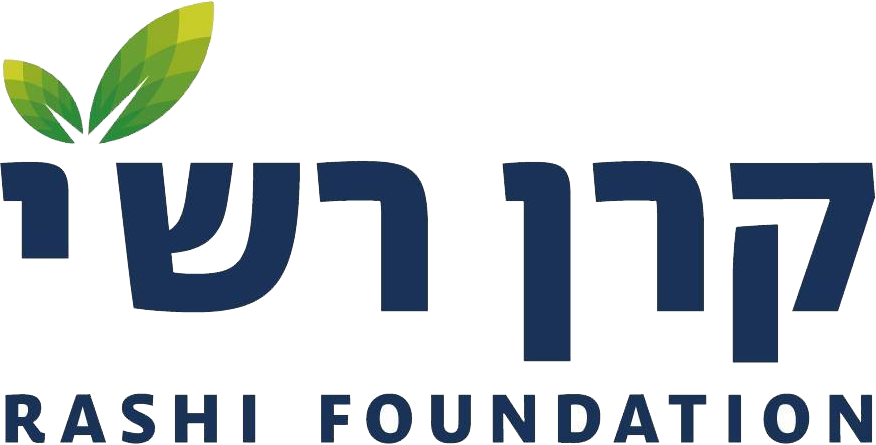In view of the large gaps within the education system, we focus our efforts on low-performing schools and support their teams in building pedagogic and management capabilities as a key to improving the students’ achievements. Informal education is another main field of activity, helping to develop personal talent along with 21st century skills such as collaboration, leadership and initiative.
A community-based approach guides our work with at-risk children and youth, whose path towards integration in mainstream frameworks is paved through continuous contact with the family and community institutions.







